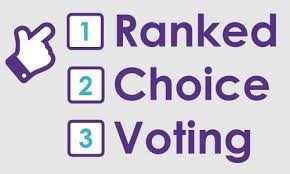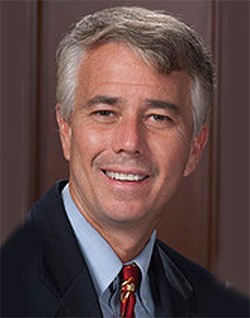President Trump’s act of political sabotage by his cavalier scuttling on Tuesday afternoon of the Joint Comprehensive Plan of Action (JCPOA), more familiarly known as “the Iran Nuclear Deal,” is not the only ongoing case of official political vandalism. There is some in our own midst.
There is, for example, the fact that important local initiatives passed overwhelmingly by popular referendum within the past decade are in grave peril of being abrogated. A press conference held Tuesday morning at the IBEW Union Hall by a bipartisan citizens’ group calling itself Save IRV Memphis noted for the record that a 2008 city referendum in favor of IRV (Instant Runoff Voting, aka Ranked Choice Voting) had passed by a 71 percent vote in its favor. In a nutshell, what the IRV process would do is eliminate the costly and ill-attended runoff elections required under the present system in district elections without a first-round majority winner.
In the words of a Save IRV Memphis press release, “IRV requires only one trip to the polls, yet still elects officials with broad bases of support. Voters rank the candidates in order of preference. If no candidate wins a majority of the first place votes, the candidate with the fewest votes is eliminated and those ballots are redistributed according to the preferences of the voter.”
Recounting subsequent history, the group pointed out that various opponents of the process, both locally and in the state capital of Nashville, had, through artificial obstacles, including overt misinformation campaigns, contrived to delay implementation of the process ever since; and that a new county Election Coordinator Linda Phillips had swept these misconceptions aside and scheduled a trial of the IRV or RCV process for next year’s Memphis city election.
Thereupon, as the Save IRV group indicated, the incumbent members of the current Memphis City Council adopted a policy of blocking the IRV process at all costs, voting unanimously for a new referendum on the subject this November and meanwhile underhandedly instructing city lobbyists to try to get the General Assembly in Nashville to pass legislation voiding the process statewide. Luckily the legislative sabotage effort failed.
What caused the council to act so perversely? Former Councilman Myron Lowery, one of the IRV supporters at the IBEW press conference, provided the answer: incumbent protection, pure and simple. The council members acted against IRV for the same reason they have attempted to subvert another prior citizen referendum establishing a limit of two terms for elected city officials. Lowery, the longest-serving African-American council member ever, also debunked a spurious claim that IRV would be counter to the political needs of blacks. “Race has nothing to do with this process,” Lowery said, conclusively disposing of this red herring.
We wish godspeed to the campaign launched Tuesday by Lowery and the other participating members of the Save IRV group, including spokesperson Theryn C. Bond; Tami Sawyer and Sam Goff, the Democratic and Republican candidates for the District 7 County Commission seat; and lawyer John Marek. The bipartisan nature of the Save IRV movement is further indicated by the support given it by Democratic 9th District congressman Steve Cohen and GOP state Senate majority leader Mark Norris.

